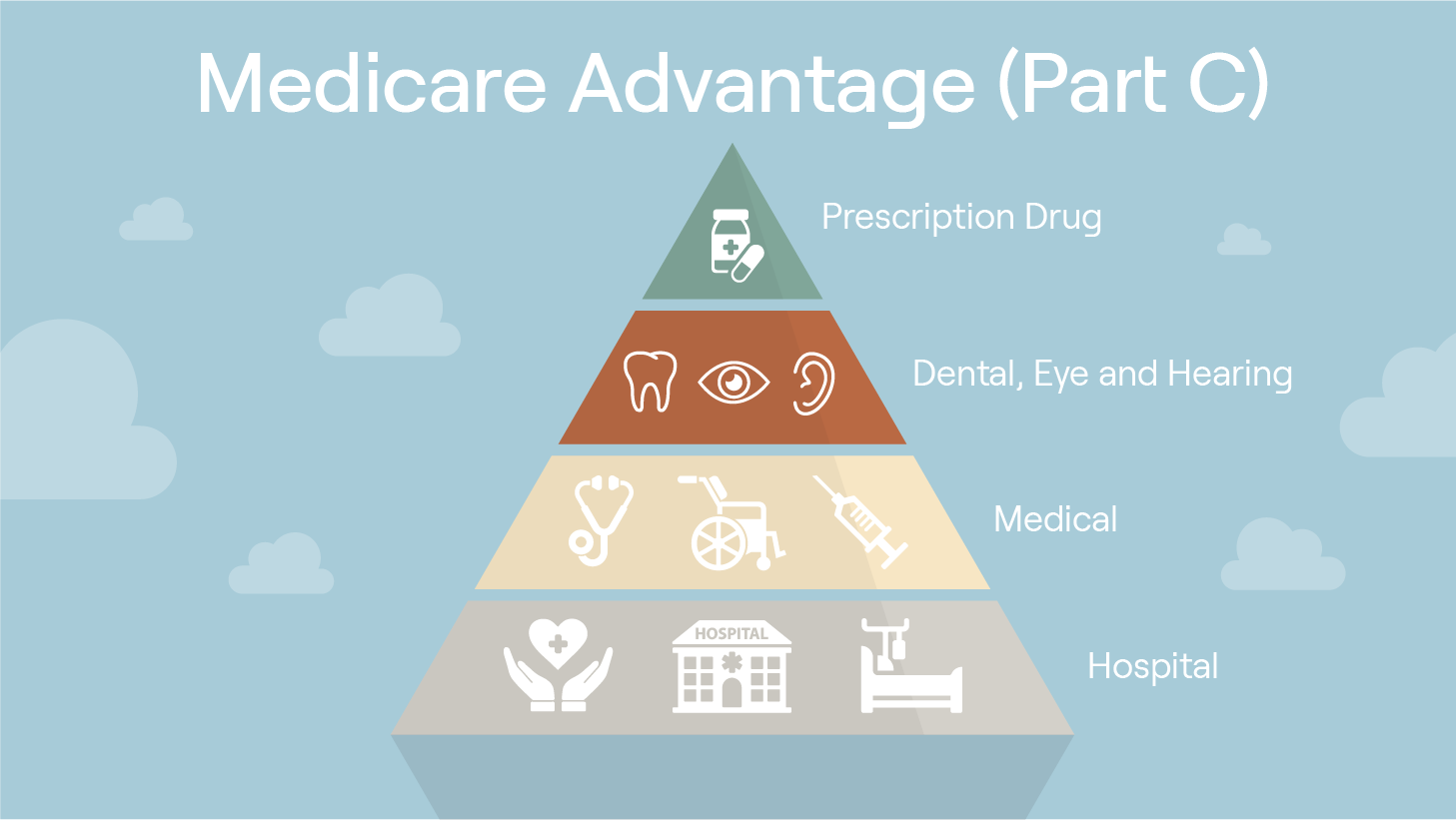What is the Average Return on an IUL?
Investing in your future is an important part of financial planning. There are many different types of investment vehicles available to you, each with their own advantages and disadvantages. One investment option that has gained popularity in recent years is the Indexed Universal Life (IUL) insurance policy. In this article, we will explore what an IUL is, how it works, and what the average return on an IUL is.
Table of Contents
- Introduction
- What is an IUL?
- How does an IUL work?
- IUL vs. other investment options
- Pros and cons of investing in an IUL
- Average return on an IUL
- Factors affecting the return on an IUL
- Historical IUL returns
- Tips for maximizing returns on an IUL
- Risks associated with investing in an IUL
- Tax implications of an IUL
- Is an IUL right for you?
- Conclusion
- FAQs
Introduction
Planning for your financial future requires a clear understanding of the investment options available to you. One investment vehicle that has gained popularity in recent years is the Indexed Universal Life (IUL) insurance policy. The IUL is a unique investment option that combines the benefits of life insurance with the potential for high returns on investment. In this article, we will explore what an IUL is, how it works, and what the average return on an IUL is.
What is an IUL?
Indexed Universal Life (IUL) is a type of permanent life insurance policy that allows policyholders to accumulate cash value on a tax-deferred basis. The cash value of an IUL is invested in an index fund that tracks the performance of a market index such as the S&P 500. Unlike traditional whole life insurance policies, IUL policies offer policyholders greater flexibility in terms of premium payments, death benefits, and cash value accumulation.
How does an IUL work?
The premium payments made by policyholders are divided into two components: the cost of insurance and the cash value. The cost of insurance pays for the life insurance coverage, while the cash value is invested in an index fund that tracks the performance of a market index. The policyholder’s cash value grows over time based on the performance of the index fund. The policyholder can borrow against the cash value of the policy or use it to pay premiums in the future.
IUL vs. other investment options
IUL policies are a unique investment option that combines the benefits of life insurance with the potential for high returns on investment. Compared to other investment options such as stocks, bonds, and mutual funds, IUL policies offer the following benefits:
- Tax-deferred growth: The cash value of an IUL policy grows tax-deferred, meaning that policyholders do not pay taxes on the gains until they withdraw the funds.
- Protection against market losses: The policyholder’s cash value is protected from market losses, meaning that even if the market experiences a downturn, the policyholder’s cash value will not decrease.
- Guaranteed minimum interest rate: Most IUL policies offer a guaranteed minimum interest rate, ensuring that the policyholder’s cash value will continue to grow even if the market experiences a downturn.
Pros and cons of investing in an IUL
As with any investment option, there are both pros and cons to investing in an IUL policy. Some of the pros of investing in an IUL policy include:
- Tax-free withdrawals: Policyholders can withdraw the cash value of their policy tax-free.
- Protection against market losses: The policyholder’s cash value is protected from market losses.
- Death benefit: The policyholder’s beneficiaries will receive a death benefit upon the policyholder’s death.
Some of the cons of investing in an IUL policy include:
- High fees: IUL policies typically have higher fees than other investment options, which can reduce the overall return on investment.
- Complexity: IUL policies can be complex and difficult to understand, making them a less attractive option for some investors.
- Limited investment options: The cash value of an IUL policy can only be invested in the index fund offered by the insurance company, limiting the policyholder’s investment options.
Average return on an IUL
The average return on an IUL policy can vary widely depending on a number of factors, including the performance of the index fund, the amount of the policyholder’s premium payments, and the fees associated with the policy. Some insurance companies may offer a guaranteed minimum return on investment, while others may offer a higher potential return based on the performance of the index fund.
Factors affecting the return on an IUL
There are several factors that can affect the return on an IUL policy, including:
- Performance of the index fund: The performance of the index fund that the policyholder’s cash value is invested in can have a significant impact on the return on investment.
- Premium payments: The amount of the policyholder’s premium payments can also impact the return on investment, as higher premium payments can lead to greater cash value accumulation.
- Fees: The fees associated with an IUL policy can reduce the overall return on investment.
Historical IUL returns
Historically, the return on investment for IUL policies has been comparable to other investment options such as stocks, bonds, and mutual funds. However, it is important to note that past performance is not indicative of future results, and the return on investment for an IUL policy can vary widely depending on a number of factors.
Tips for maximizing returns on an IUL
There are several steps that policyholders can take to maximize the return on their IUL policy, including:
- Making regular premium payments: Consistent premium payments can lead to greater cash value accumulation and higher potential returns.
- Choosing a policy with low fees: Lower fees can reduce the impact on the return on investment.
- Monitoring the performance of the index fund: Regular monitoring of the performance of the index fund can help policyholders make informed decisions about their investment strategy.
Risks associated with investing in an IUL
As with any investment option, there are risks associated with investing in an IUL policy. Some of the risks include:
- Market risk: While the policyholder’s cash value is protected from market losses, the return on investment is still tied to the performance of the index fund.
- Interest rate risk: The return on investment for an IUL policy can be impacted by changes in interest rates.
- Insurance company risk: The financial stability and solvency of the insurance company offering the IUL policy can impact the return on investment.
Tax implications of an IUL
The cash value of an IUL policy grows tax-deferred, meaning that policyholders do not pay taxes on the gains until they withdraw the funds. Additionally, policyholders can withdraw the cash value of their policy tax-free. However, there are tax implications associated with borrowing against the cash value of the policy, and policyholders should consult with a financial advisor to fully understand the tax implications of investing in an IUL policy.
Is an IUL right for you?
Determining whether an IUL policy is the right investment option for you depends on a number of factors, including your financial goals, risk tolerance, and investment strategy. While an IUL policy can offer the potential for high returns on investment, it is important to carefully consider the pros and cons before making a decision.
Summary
In summary, an indexed universal life (IUL) policy is a type of life insurance policy that offers a cash value component that is invested in an index fund. The return on investment for an IUL policy can vary widely depending on a number of factors, including the performance of the index fund, the amount of the policyholder’s premium payments, and the fees associated with the policy. While IUL policies can offer the potential for high returns on investment, they are not without their risks, including market risk, interest rate risk, and insurance company risk.
If you are considering investing in an IUL policy, it is important to carefully consider the pros and cons and to consult with a financial advisor to ensure that it is the right investment option for you. With careful consideration and a solid investment strategy, an IUL policy can be a valuable addition to your investment portfolio.
FAQs
- Is an IUL policy a good investment option?
The answer to this question depends on your individual financial goals and investment strategy. While IUL policies can offer the potential for high returns on investment, they are not without their risks and fees.
- Can I borrow against the cash value of my IUL policy?
Yes, policyholders can borrow against the cash value of their IUL policy. However, there are tax implications associated with borrowing against the cash value, and policyholders should consult with a financial advisor before making this decision.
- How do I choose an IUL policy?
When choosing an IUL policy, it is important to consider factors such as fees, premium payments, and the financial stability of the insurance company offering the policy. Consulting with a financial advisor can also help you make an informed decision.
- Can I change my premium payments or investment strategy after purchasing an IUL policy?
Yes, policyholders can typically adjust their premium payments and investment strategy after purchasing an IUL policy. However, there may be fees associated with making these changes, and policyholders should consult with their insurance company or financial advisor before making any changes.
- How do I know if an IUL policy is right for me?
Determining whether an IUL policy is the right investment option for you depends on a number of factors, including your financial goals, risk tolerance, and investment strategy. Consulting with a financial advisor can help you determine if an IUL policy is the right choice for you.
- How an Indexed Universal Life Insurance Policy Can Help You Accumulate Tax-Free Money
- Get the Most Long-Term Protection for Your Money with Indexed Universal Life Insurance (IUL)
- “The Top 5 Benefits of Indexed Universal Life Insurance”
- “The Benefits of Indexed Universal Life Insurance: Why IUL Policies are a Great Choice”
- How does an Indexed Universal Life policy compare to an annuity?
Benefits of Medicare Advantage for Veterans
Veterans and Medicare Advantage plans represent a crucial intersection of health- care services designed to enhance the medical coverage available…
10 Essential Insurance Tips to Protect Your Future
1. Assess your insurance needs based on income, assets, and dependencies. 2. Understand policy types: life, health, auto, home, and…
ACA 2025 Open Enrollment
The ACA 2025 Open Enrollment Period represents a pivotal opportunity for individuals and families to obtain health insurance coverage under…
Medicare Annual Enrollment Period 2025
The Medicare Annual Enrollment Period (AEP) for 2025 is a critical time for beneficiaries to review and adjust their Medicare coverage, running…
Medicare Advantage and the Nearing Annual Election Period
Medicare Advantage and the Nearing Annual Election Period Introduction Navigating Medicare can feel like trying to read a map written in a…
Understanding Medicare Advantage Plans
Understanding Medicare Advantage Plans Medicare Advantage plans have become a popular alternative for people who want more flexibility and comprehensive coverage…













